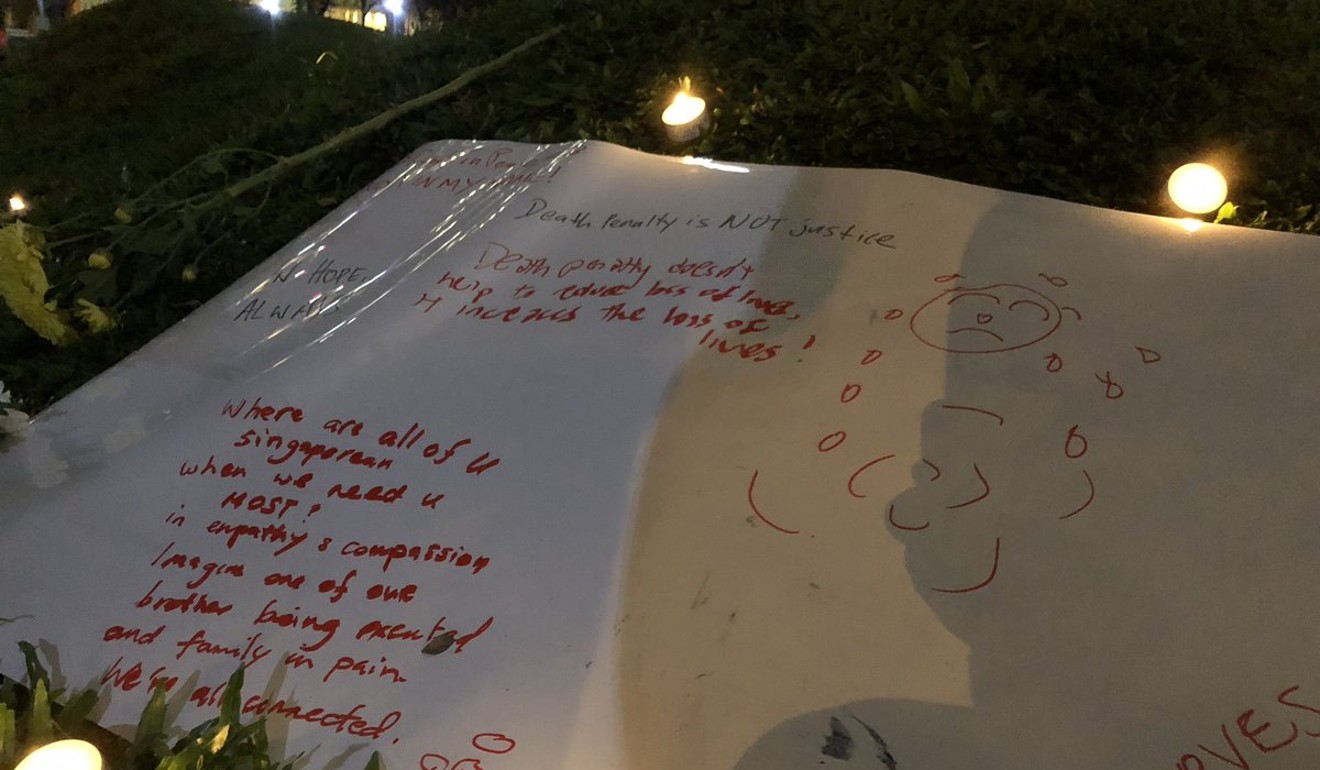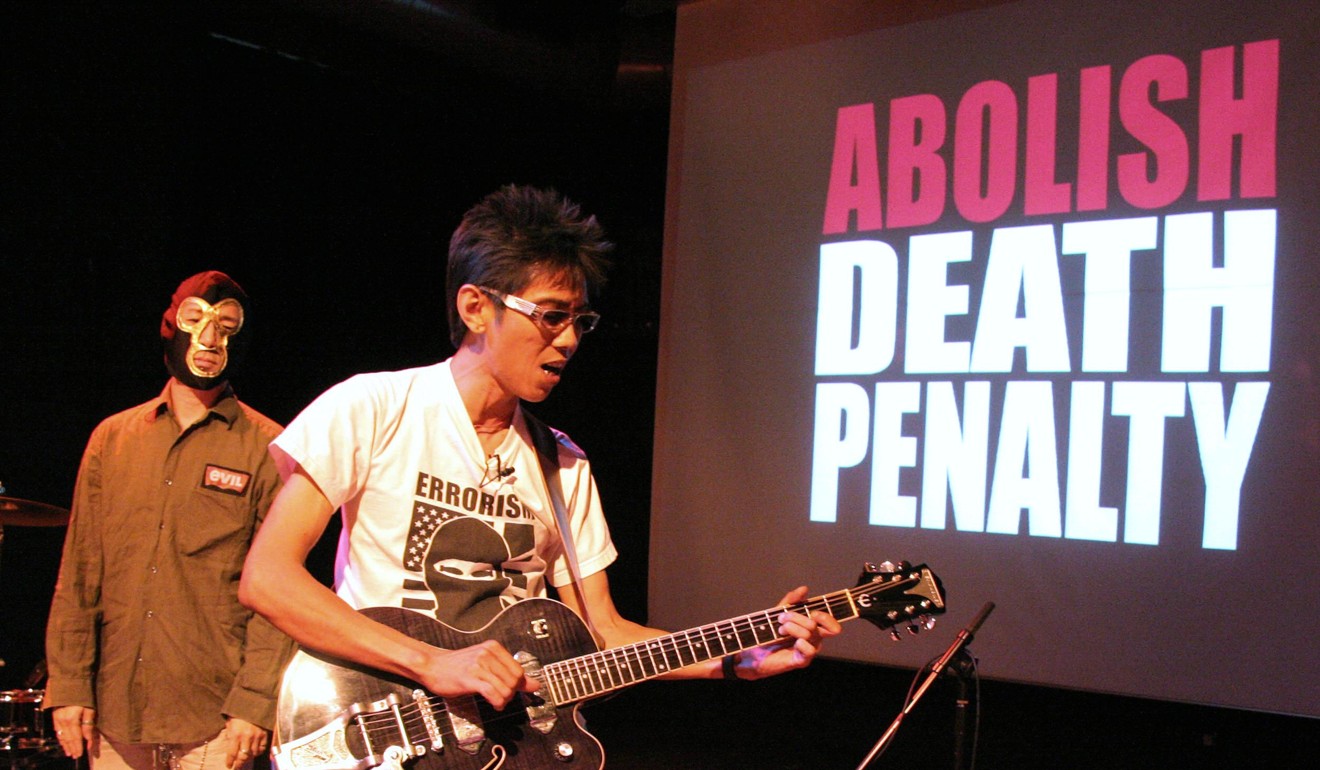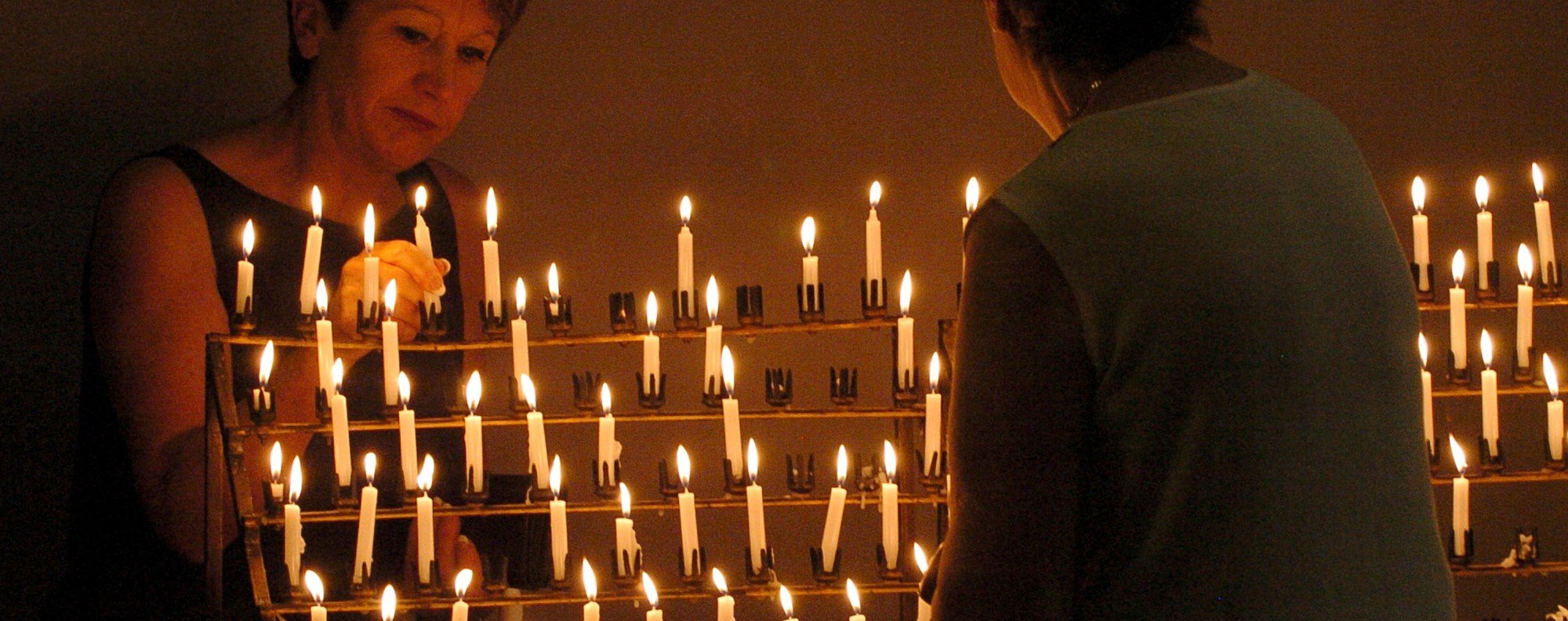Prabu Pathmanathan, 31, was the first Malaysian to be hanged in
Singapore since Mahathir’s government announced in September that it
would soon move to abolish the death penalty. Malaysia has installed a
moratorium on the punishment until then.
The administration, fresh off its election victory in May, has made human rights a key part of its policy agenda.
Capital punishment for serious crimes including murder and drug trafficking has been carried out in
Singapore and Malaysia since the days of British colonial rule.
In some severe cases, execution had been mandatory – meaning judges had no alternative sentence if the accused was found guilty.
But after a review in 2012, the city state granted judges more discretion.
Since the September announcement that
Malaysia would soon
move towards total abolition, activists in the country have said they would go all out to save the lives of Malaysians facing execution abroad.
Activist and lawyer N. Surendran, who represented Prabu’s family in
their eleventh-hour attempt to obtain clemency for the 31-year-old,
confirmed to the
South China Morning Post that the execution had taken place at dawn on Friday.
Surendran said Prabu’s family would cremate his remains later on Friday.
The
Post has requested a comment from Singapore’s home affairs ministry.
Prabu in 2014 was convicted of smuggling 227.82g of diamorphine – or heroin – into Singapore.
“The execution was an unlawful, and brutal act, carried out in breach
of due process and in defiance of the appeals made by neighbouring
Malaysia,” said Surendran, who told the
Post that several Malaysian cabinet members had spoken directly with Singaporean leaders in a failed bid to halt the execution.
 A vigil for Prabu. Photo: Kirsten Han
A vigil for Prabu. Photo: Kirsten Han
Malaysian de facto law minister Liew Vui Keong earlier told local
media he had written to the Singapore government, urging it to commute
Prabu’s death sentence.
When asked by local media what would happen if the execution was
carried out, he responded: “It will be a sad day, I hope they don’t do
it.”
Surendran said on Thursday evening the Singapore President’s Office
had delivered a letter to Prabu’s family in response to their petition,
stating that “the clemency process has concluded” and it was “unable to
accede to [their] request”.
The lawyer criticised this move – saying the decision to “reject the
family’s clemency petition without even considering it” was unlawful.
Anti-death penalty activists said there had been seven executions in October – four this week including Prabu.
The Singapore Prison Service does not routinely release information
about executions apart from figures released in its annual report.
The 2017 annual report showed eight people were executed in 2017, up from four in 2016.
“It seems that executions are increasing in Singapore. The sort of
discussion among the Malaysian government that’s taking place now is not
taking place here,” said Kirsten Han, a prominent Singaporean
anti-death penalty activist and journalist.
 A band calling for an end to the death penalty performs in Singapore. Photo: AFP
A band calling for an end to the death penalty performs in Singapore. Photo: AFP
Said Han: “Singaporean society is told the death penalty keeps people
safe, that it’s a deterrent. This is the message that travels down from
leaders, but alternative deeper opinions are not aired.
“There have been studies that show when you explore the nuances,
support for the death penalty drops: the more you know about the death
penalty, the more likely you are to think twice.”
The Singapore government routinely pushes back against the country’s tiny but vocal anti-death penalty lobby.
Last year, law and home affairs minister K. Shanmugam slammed
activists for “romanticising individuals involved in the drug trade”.
The minister said capital punishment would remain part of Singapore’s
comprehensive anti-drug framework that includes rehabilitating abusers.
Speaking at the Asia-Pacific Forum Against Drugs, Shanmugam said: “I
have said repeatedly, [we] do not take any joy or comfort in having the
death penalty, and nobody hopes or wants to have it imposed.
“We do it reluctantly, on the basis that it is for the greater good
of society … it saves more lives. That is the rationale on which we have
it.”
Globally, 106 countries have abolished the death penalty and 142 in total are abolitionist in law or practice.



No comments:
Post a Comment